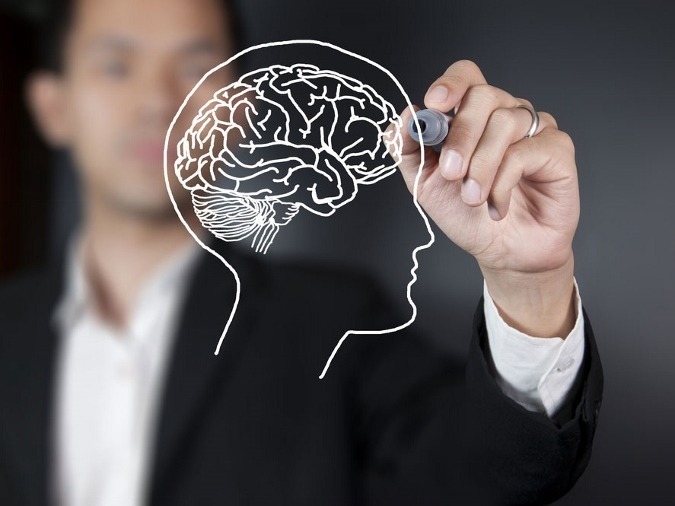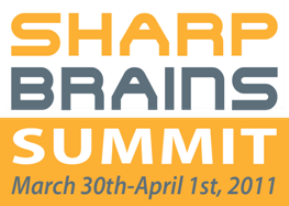Posts Tagged ‘cognitive therapies’
Study debunks 4 common myths about brain training and lifelong cognitive enhancement
— If the media is your main source of information about brain training and cognitive enhancement, you will probably believe the following: 1) All brain training is the same… 2) …and it simply doesn’t work. 3) Commercial brain training programs, especially, don’t work. 4) How could they work? Genetics is destiny, aging is a predetermined process…so by age 60…
Read MoreWitnessing an explosion of consumer-facing neurotechnologies to (potentially) harness lifelong neuroplasticity
— Last week I shared some key scientific, technological and investment trends revolutionizing Brain Health, based on my participation at the 2016 SharpBrains Virtual Summit, and promised a second article more focused on the technology side of things. Here it is :-) Just a few weeks after the SharpBrains Summit I also attended CES 2017. While I enjoyed the myriad emerging…
Read MoreTen Important Signals to help reinvent Brain Health in the Digital Age & serve the needs of an Aging Population
—– Dear sharp reader, It’s been a busy year. To summarize where we are, and to better prepare for the opportunities and challenges in the year ahead, let’s step back for a minute. Let’s take a look at the big picture presented in the article Both Important and Urgent: Getting ready to serve the Cognitive & Brain Health…
Read MoreSeptember update: Revolutions in neurotechnology will soon influence every aspect of human life
Time for SharpBrains’ September e‑newsletter, wrapping up this month’s key brain-related news. Our brain is at the core of everything we do, from the every-day decisions we make to the epic emotions we feel when we fall in love. And neurotechnologies–especially those that, being digital, are eminently scalable, and that, being non-invasive, pose few if any negative…
Read MoreRetooling cognitive rehabilitation for patients with traumatic brain injury
Our colleague Kate Sullivan, who led a superb SharpBrains Virtual Summit workshop on How to Set Up a Brain Fitness Center to Enhance Cognitive Retraining and Rehabilitation, based on her experience at Walter Reed National Military Medical Center, just alerted us of a new study prepared by her team: Outcomes from a Pilot Study using Computer-Based Rehabilitative Tools in a…
Read MoreCan Brain Fitness Innovation Enhance Cognitive Rehab and Driving Safety?
Today we share must-read insights from Katherine Sullivan, Director of the Brain Fitness Center at Walter Reed Army Medical Center, and Peter Kissinger, President of the AAA Foundation for Traffic Safety. Both of them will discuss their ongoing work and lessons learned at the upcoming 2011 SharpBrains Summit (March 30th — April 1st, 2011). The interviews…
Read More





